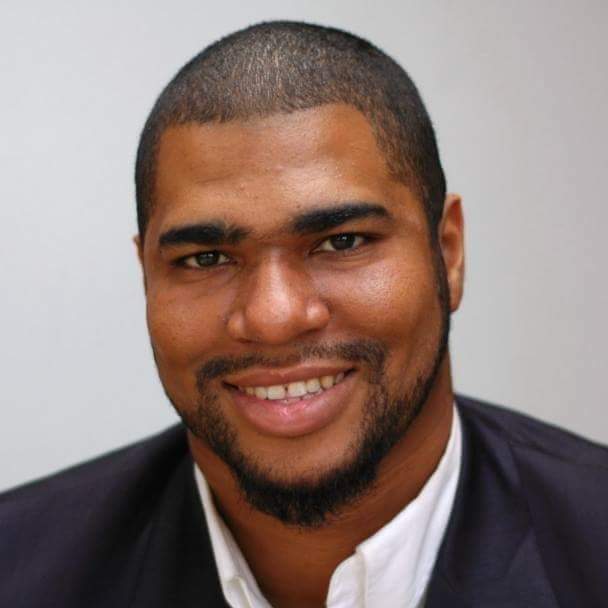Multiple barriers impact BIPOC communities’ mental health needs
July is BIPOC Mental Health Awareness Month.

According to the Substance Abuse and Mental Health Services Administration (SAMHSA), Black, Indigenous and People of Color (BIPOC) lack adequate insurance, face stigma and struggle to find culturally competent health providers.
Dr. Halim Naeem, a psychologist and owner of Naeem & Associates located in Livonia, says BIPOC communities face adverse experiences which often lead to mental health consequences.
“The ability to attain some type of healing and help that’s actually effective — and getting us closer to being in our natural state as human beings — is quite paramount,” Naeem explains.

He says factors like economic and healthcare disparities, along with not having culturally competent providers, make it challenging for BIPOC communities to seek help. Naeem warns that in addition to not having enough resources, families can pass on unhealthy coping mechanisms.
“When you don’t have the mechanisms — you don’t have the support system, you’re not seeing or conditioned to see hope — then that’s where those types of things happen,” Naeem states.
According to Naeem, getting help is an organic process. He says people can look for culturally competent health care and mental health providers, join events that gear toward healing, and find other ways to cope such as spending time in the community. Participating in faith-based activities, backyard barbecues and sports activities are other ways to create connection.
“You can start to create a culture of care. A lot of people may just need the nudge…that validation,” Naeem says.
Trusted, accurate, up-to-date.
WDET strives to make our journalism accessible to everyone. As a public media institution, we maintain our journalistic integrity through independent support from readers like you. If you value WDET as your source of news, music and conversation, please make a gift today.

